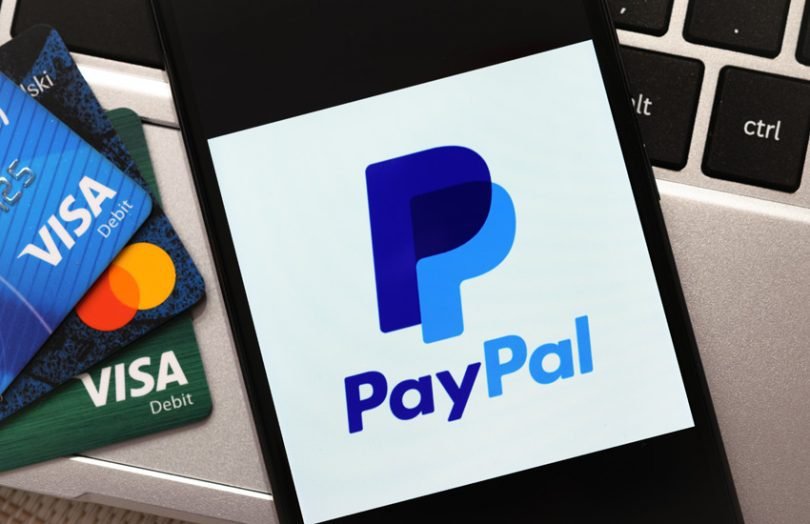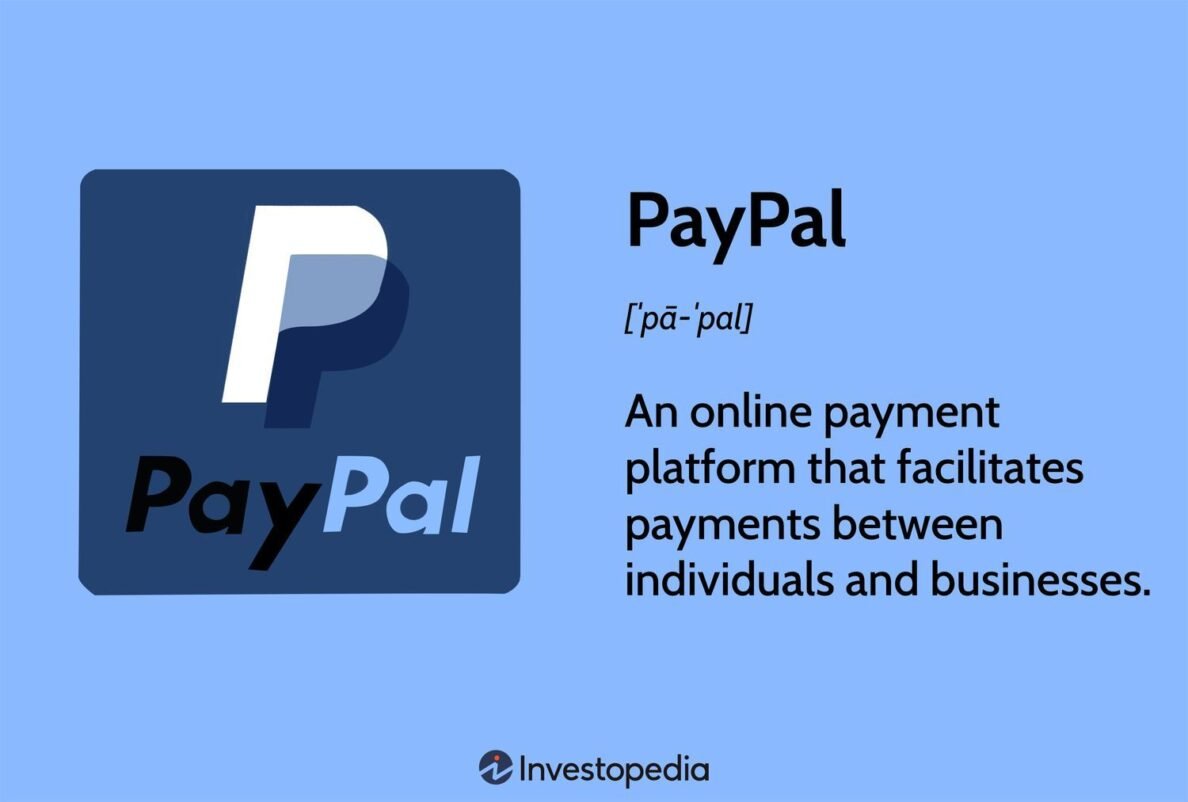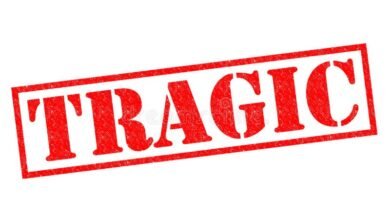Why PayPal Is Still Unavailable in Ghana?

Despite the growing digital economy in Ghana, PayPal remains inaccessible, creating challenges for businesses and freelancers who rely on international online payments. This article examines the key reasons behind this online platform’s absence and the impact on Ghana’s economy.
Fraud Concerns and Blacklisting
PayPal initially blacklisted several African countries, including Ghana, in 2004 due to credit card fraud issues. While Nigeria was removed from this blacklist in 2014, Ghana remains excluded, largely because of persistent fraud concerns in the region. PayPal’s security standards limit its willingness to operate in areas with high transactional risks.
E-commerce and Digital Payment Challenges

The slow adoption of e-commerce in Ghana also contributes to the delay. Compared to other regions, businesses in Ghana were late in fully integrating digital transactions. This limitation makes it challenging for platforms like PayPal to justify expanding their services to the country.
Impact on Businesses and Freelancers
Ghanaian businesses, particularly those in the gig economy, are forced to find alternatives, such as Payoneer and mobile money. However, these alternatives come with limitations—like higher fees and fewer international capabilities—hindering smooth transactions with clients abroad. For example, international freelancers face difficulties in accepting and sending payments, often relying on expensive remittance services.
Government Efforts and Future Prospects
Despite promises from Ghana’s leadership to make the platform accessible by 2020, there has been little progress. Industry experts suggest that the government must actively negotiate with PayPal to address fraud concerns and enhance regulatory frameworks.
Read More: The Best YouTube Channels for Learning UI/UX Design













